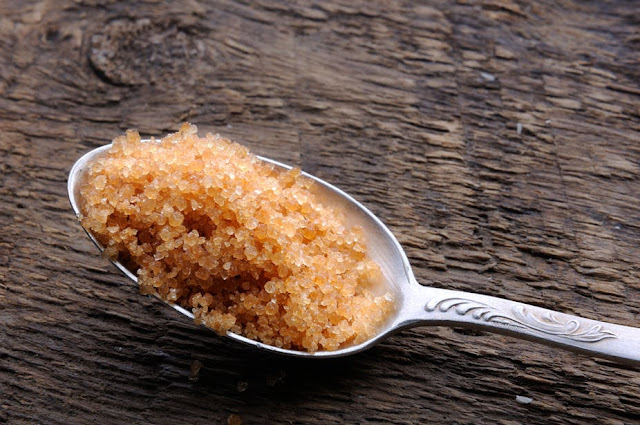Why finding a genuine alternative to sugar is so challenging
A lot for the years where fats and oils were public opponent top on our supper layers. There's more and moremore and more proof that sugar – or more exactly, carb – lags our enhancing prices of weight problems and cardiovascular disease. Also if the systems whereby this occurs are still not well specified, there are unlimited phone telephone calls for decreasing its amounts in the foods we consume. Most recently in the UK this led to the chancellor, George Osborne, revealing a tax obligation on sweet soft beverages.
Had we ever before come up with an appropriate replacement for sugar, of course, we would not need to have this debate. In our sweetness-addicted era, it's among science's greatest challenges. So why has it eluded us for as long, and are we any better to a service?
Changing the sweet taste of sugar in foods is actually fairly simple. The first artificial sweetener, saccharine, was found unintentionally by a young Russian chemist called Constantin Fahlberg in 1879 while examining coal-tar by-products, when he unconsciously obtained it on his hands and licked his fingers. Saccharine became commonly used about Globe Battle I, when all-natural sugar remained in brief provide. In the 1960s researchers found several more artificial sweeteners in similarly serendipitous ways, consisting of aspartame and acesulfame K.
As well as these discoveries, there are normally occurring sweeteners that we have actually learnt about for a lot longer (see table listed below). The Guarani individuals of contemporary Brazil and Paraguay have been using the fallen leaves of the stevia grow as a sweetener for about 1,500 years. And the seeds of the West African katemfe fruit, which include a wonderful chemical called thaumatin, have gotten on our radar since the 19th century. Memilih Situs Judi Sabung Ayam Terbaik

Yet while we have lots of options for sweet taste, there are several problems associated with using non-sugar sweeteners in foods. There have been various cancer cells frightens throughout the years, which have affected stevia, saccharine and aspartame, to name a few. Some artificial sweeteners have also been connected to kind 2 diabetes.
To substance this, federal governments course all non-sugar sweeteners as ingredients, which means they are designated an E-number – also stevia and thaumatin. In an age where customers have become progressively cautious of these numbers also when there aren't specific health and wellness dangers, manufacturers have been moving towards supposed "clean-label" items that are free of them. This places these sweeteners at a drawback.
Apart from health and wellness and labelling, sugars have chemical functions in foods that make them challenging to change. Sugar solutions ice up at a reduced temperature level compared to distilled water, for circumstances. In items such as gelato, this is critical to preserving a soft structure at fridge freezer temperature levels.
Sugars play an important role in giving items such as bread, cakes and also wine their darker colour, through what chemists call non-enzymatic browning responses. Artificial sweeteners are not proficient at recreating either of these.


